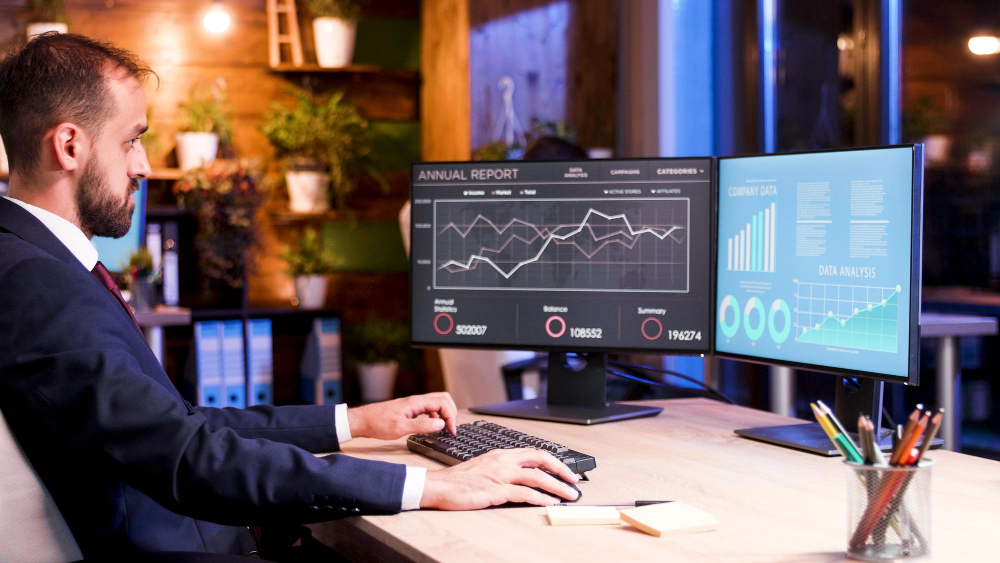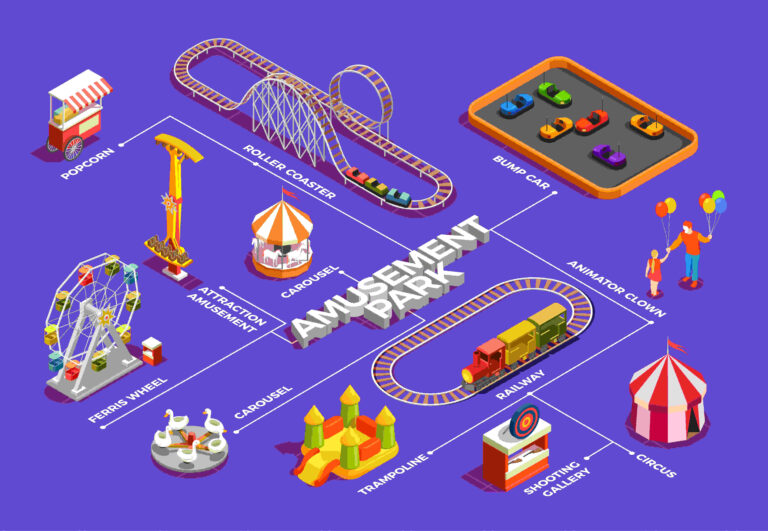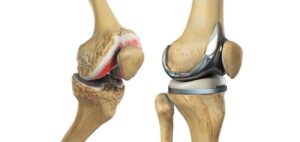In an era where technology continually reshapes industries, the construction sector stands as no exception. The integration of Artificial Intelligence (AI) into construction management processes has emerged as a transformative force, offering unprecedented opportunities to enhance efficiency, productivity, and safety on job sites. Let’s delve into how revolutionizing AI in construction industry and reshaping the future of construction management.
Predictive Analytics for Project Planning
AI algorithms analyze historical data to predict project timelines, resource requirements, and potential risks. Enables construction managers to optimize schedules, allocate resources effectively, and mitigate delays proactively. Improves decision-making by providing actionable insights derived from vast datasets.
Automated Equipment Monitoring and Maintenance
AI-powered sensors installed in construction machinery monitor equipment health and performance in real-time. Predictive maintenance algorithms anticipate potential breakdowns, allowing for timely repairs and minimizing downtime. Enhances safety by reducing the risk of equipment failures on-site, protecting both workers and assets.
Enhanced Safety Measures
AI-enabled surveillance systems use computer vision to detect safety hazards and unauthorized personnel on construction sites. Real-time alerts notify supervisors of potential risks, enabling swift intervention to prevent accidents. Improves overall safety protocols and regulatory compliance, fostering a secure working environment for all stakeholders.
Optimal Resource Management
AI algorithms optimize resource utilization by analyzing factors such as material availability, weather conditions, and workforce capabilities. Enables just-in-time delivery of materials, reducing inventory costs and minimizing storage space requirements. Enhances project efficiency by ensuring that resources are allocated according to demand, eliminating wastage and overages.
Quality Control and Defect Detection
AI-powered drones equipped with cameras capture high-resolution images of construction sites, allowing for detailed inspections. Machine learning algorithms analyze images to identify structural defects, deviations from blueprints, and quality inconsistencies. Facilitates early detection of issues, enabling timely corrective measures and ensuring adherence to quality standards.
Real-Time Progress Monitoring
AI-driven construction management platforms integrate data from various sources, including IoT devices and project management software. Provides stakeholders with real-time insights into project progress, allowing for informed decision-making and timely adjustments. Enhances transparency and collaboration among project teams, reducing miscommunications and enhancing overall efficiency.
Cost Estimation and Budget Optimization
AI algorithms analyze historical cost data and project specifications to generate accurate cost estimates. Predictive modeling identifies potential cost overruns and budget deviations, enabling proactive risk management. Improves cost efficiency by optimizing resource allocation and identifying opportunities for cost-saving measures.
Sustainable Construction Practices
AI algorithms optimize building designs for energy efficiency, material usage, and environmental impact. Enables architects and engineers to create sustainable structures that minimize resource consumption and carbon footprint. Promotes environmentally conscious construction practices, aligning with global sustainability goals and regulations.
Conclusion:
As AI continues to advance, its impact on the construction industry will only grow more profound. By harnessing the power of predictive analytics, automation, and real-time monitoring, construction companies can unlock new levels of efficiency, safety, and sustainability. Embracing AI in construction management isn’t just about adopting new technologies—it’s about embracing a mindset of innovation and continuous improvement. As we look towards the future, one thing is clear: AI will be a driving force in shaping the construction industry for years to come.












